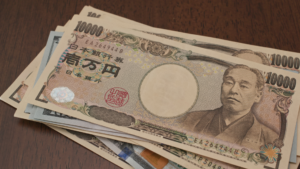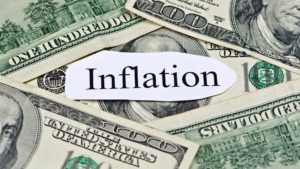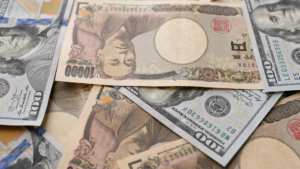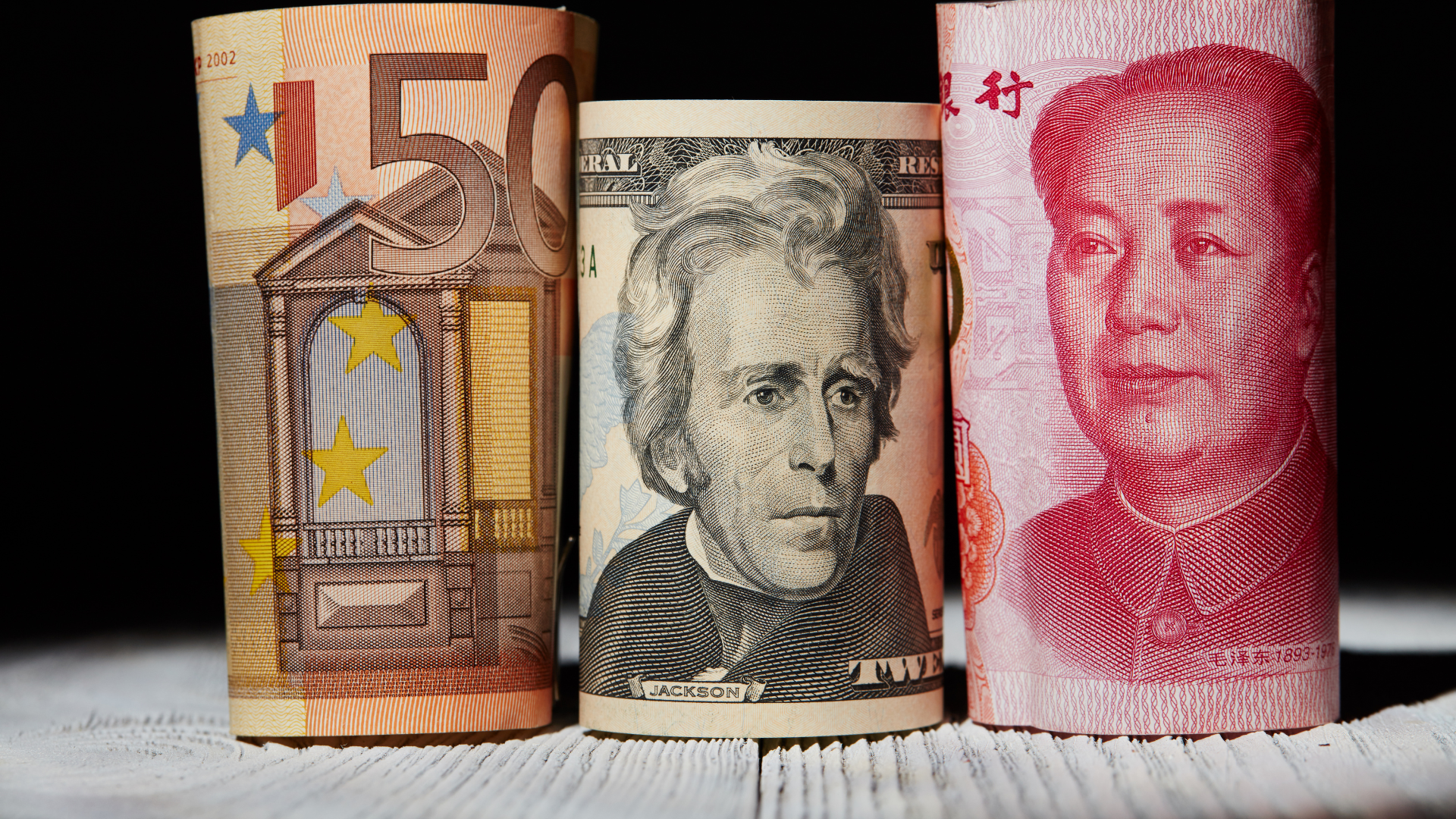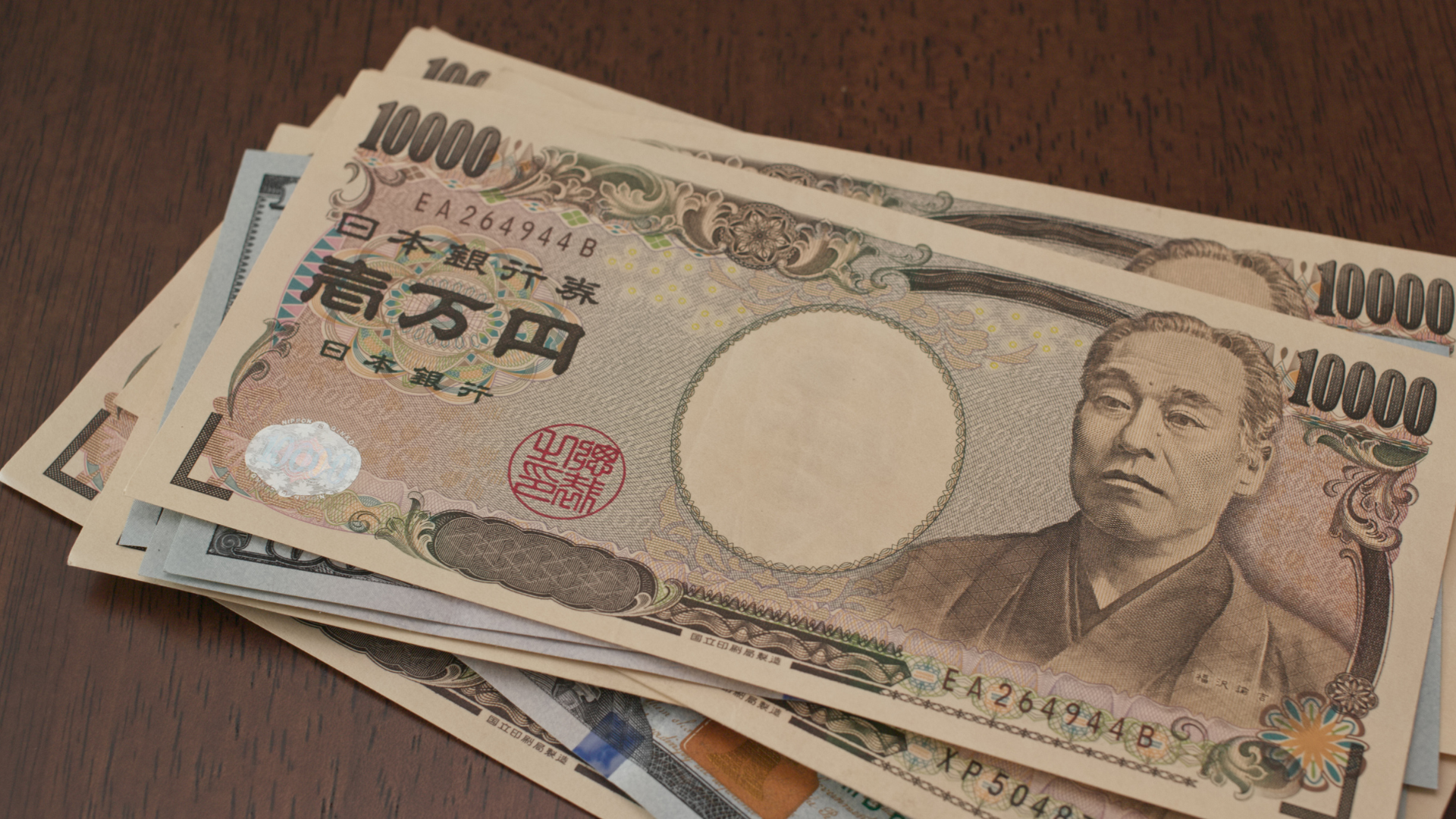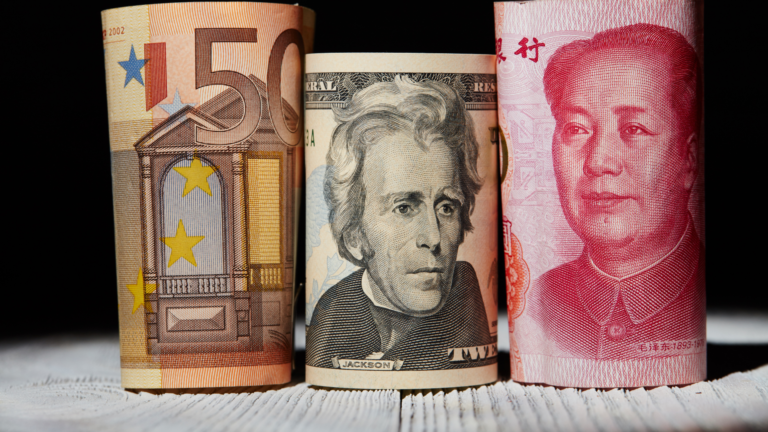Japan’s Deputy Chief Cabinet Secretary Seiji Kato stated that the government is carefully monitoring foreign exchange (FX) trends, particularly those influenced by speculative trading. This announcement underscores Japan’s increasing unease over the yen’s volatility, which has been affected by speculative forces driving unpredictable movements against other major currencies. The attention comes amid concerns that these fluctuations could have broader impacts on Japan’s economic landscape.
Kato emphasized that market speculation is a major factor in recent currency shifts, and the government is prepared to address excessive volatility if it risks economic stability. The yen’s weakening against the U.S. dollar has heightened concerns within Japan’s finance ministry, as rising import costs begin to weigh on households and businesses. Officials have hinted that, should speculative trading drive unjustified instability, intervention might be on the table to safeguard economic interests.
Market analysts point out that speculative trading has escalated due to Japan’s low interest rates, contrasting with the U.S. Federal Reserve’s tighter monetary policy. This rate disparity has encouraged traders to short the yen for potential gains, placing additional pressure on Japan’s currency and prompting closer government scrutiny. Kato’s comments suggest Japan is taking a proactive approach, as further yen depreciation could lead to decisive action. Japan’s stance remains cautious yet watchful, as officials weigh the importance of currency stability against economic fundamentals. With the yen still vulnerable to speculative pressure, global markets are attentive to Japan’s actions and the possibility of regulatory measures to manage excessive currency fluctuations.






